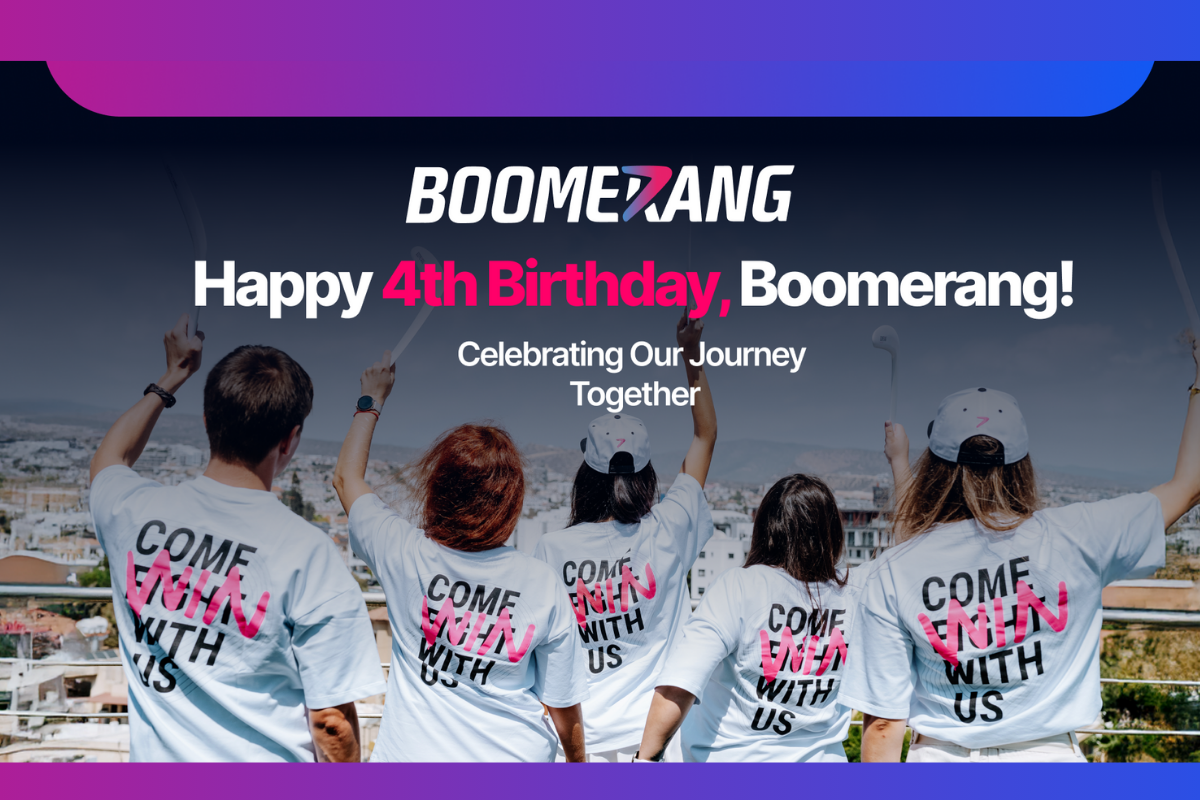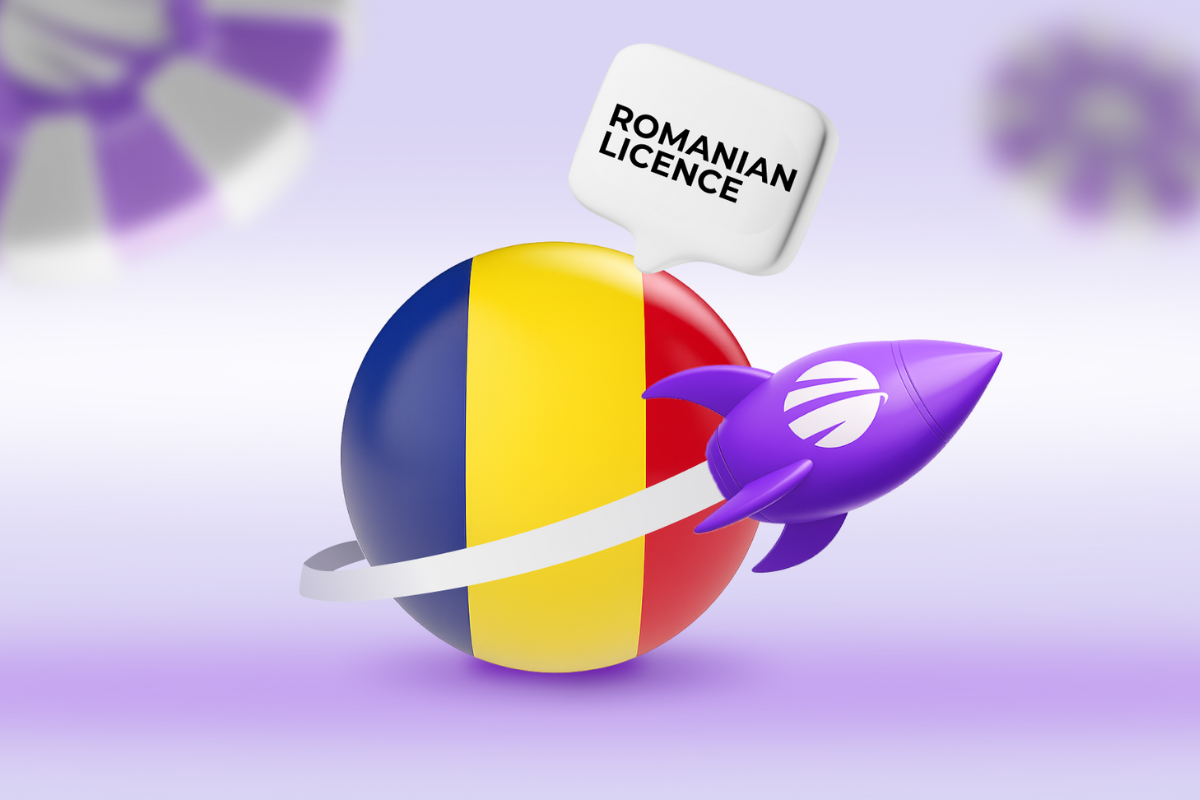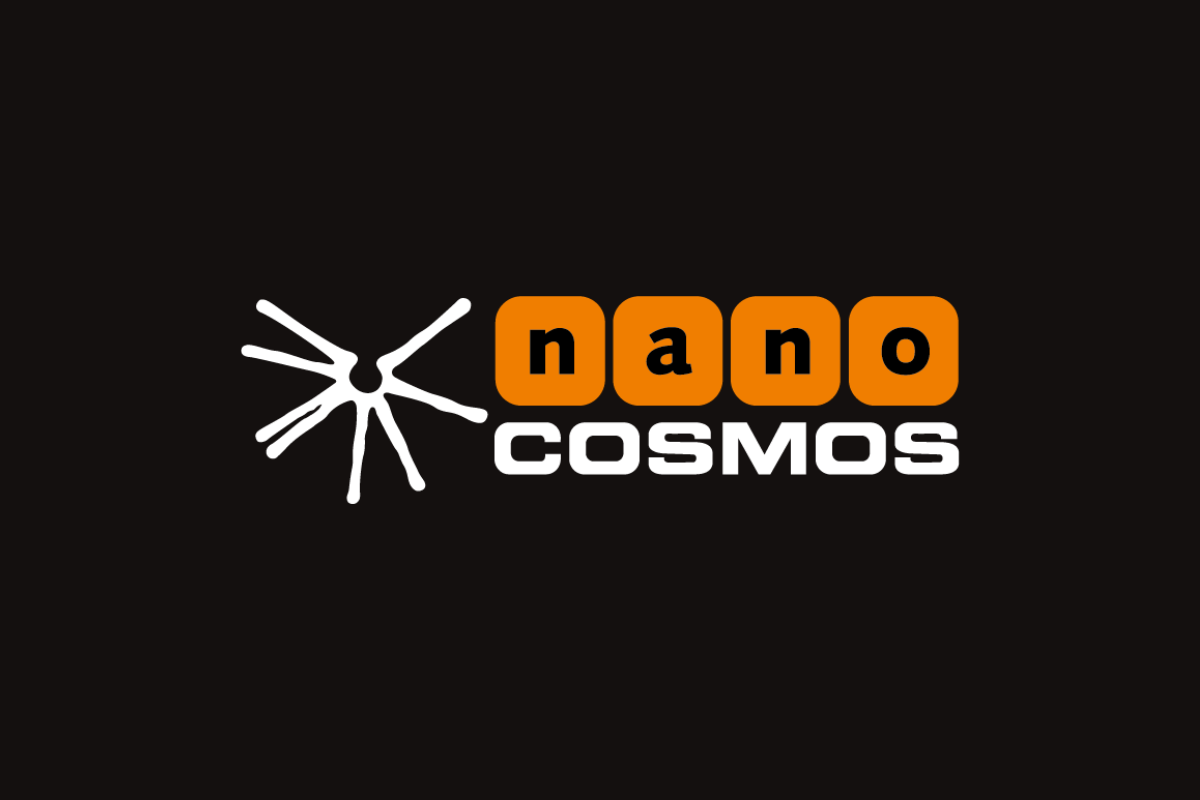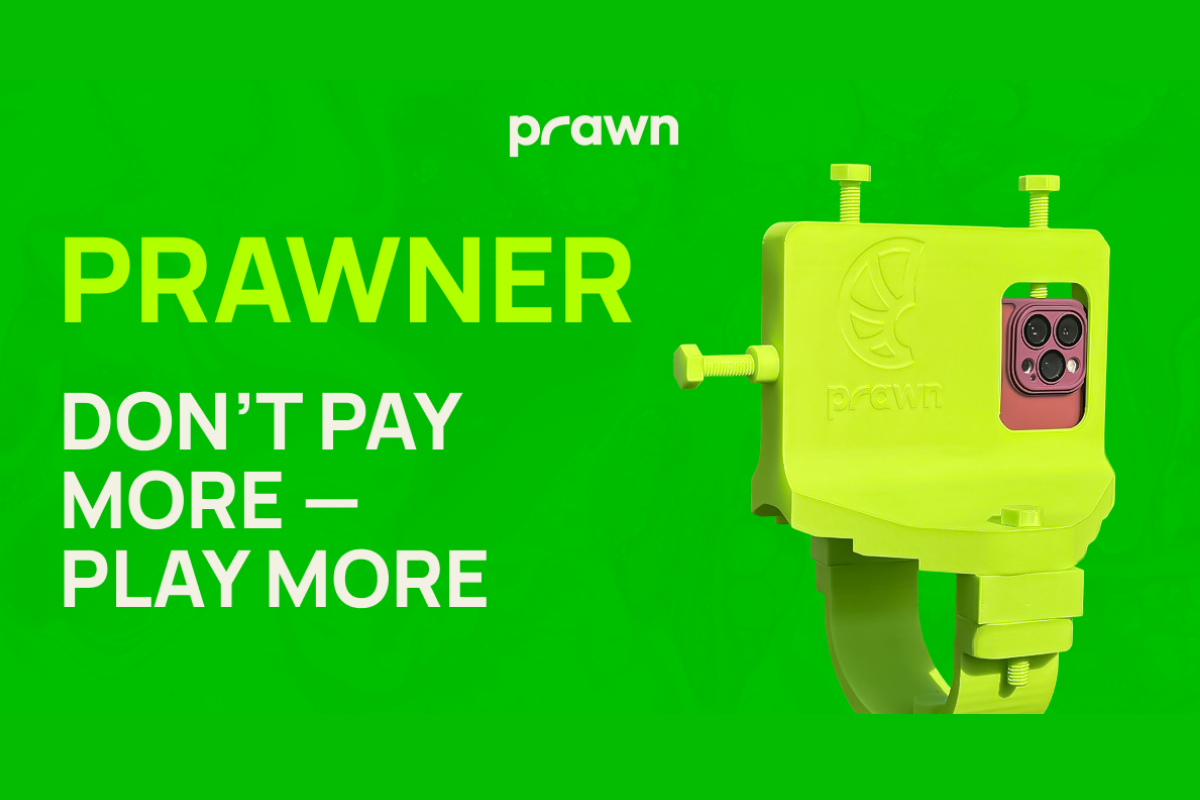Compliance Updates
Blizzard withdraws paid loot boxes in Belgium

Blizzard has announced the imminent removal of paid loot boxes and chests from Overwatch and Heroes of the Storm players in Belgium following the country’s Gambling Commission ruling that the loot boxes violated Belgium’s gambling regulations.
“While we at Blizzard were surprised by this conclusion and do not share the same opinion, we have decided to comply with their interpretation of Belgian law,” Blizzard said in a statement. “As a result, we have no choice but to implement measures that will prevent Overwatch and Heroes of the Storm players located in Belgium from purchasing in-game loot boxes and loot chests with real money and gems.”
“While players in Belgium will no longer be able to purchase paid loot boxes in Overwatch and loot chests in Heroes of the Storm, they’ll still be able to earn them by playing the games, and they’ll still have access to all in-game content.”
A specific date for the removal of paid loot boxes was not revealed, but Blizzard said it would happen “shortly.” It also indicated that it is willing to discuss the matter further with the appropriate authorities, leaving the door open to a possible return of paid loot boxes in the future. I have reached out to Blizzard to ask if any progress has been made on that front, and will update if I receive a reply.
Source: pcgamer.com
-

 Africa7 days ago
Africa7 days agoGhana’s NLA Introduces New Sticker to Clamp Down on Illegal Lotto Operators
-
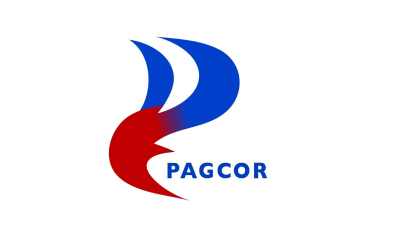
 Asia6 days ago
Asia6 days agoPAGCOR: Online Gaming fuels nation-building, but illegal sites pose risks
-

 Africa7 days ago
Africa7 days agoRise & Hustle partners with Altenar to power its new sportsbook offering
-

 Central Europe7 days ago
Central Europe7 days agoCT Interactive Announces Strategic Partnership with Ecasino
-

 Eastern Europe7 days ago
Eastern Europe7 days agoDigitain Strengthens Romanian Market Presence Through KingCasino Partnership
-

 Latest News7 days ago
Latest News7 days agoCasino Playa de las Américas Implements JCM’s ICB Technology
-
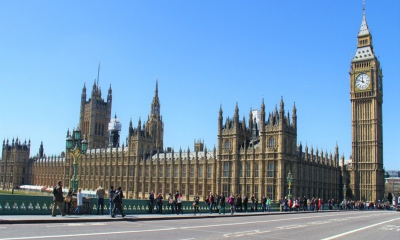
 Compliance Updates7 days ago
Compliance Updates7 days agoElizabeth Varley, solicitor at licensing law firm Poppleston Allen, shares a handy refresher on the UK’s statutory levy, including the who, how much, why and how to pay
-

 Conference7 days ago
Conference7 days agoBetConstruct to Participate in SBC Summit Lisbon 2025








